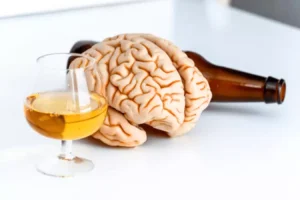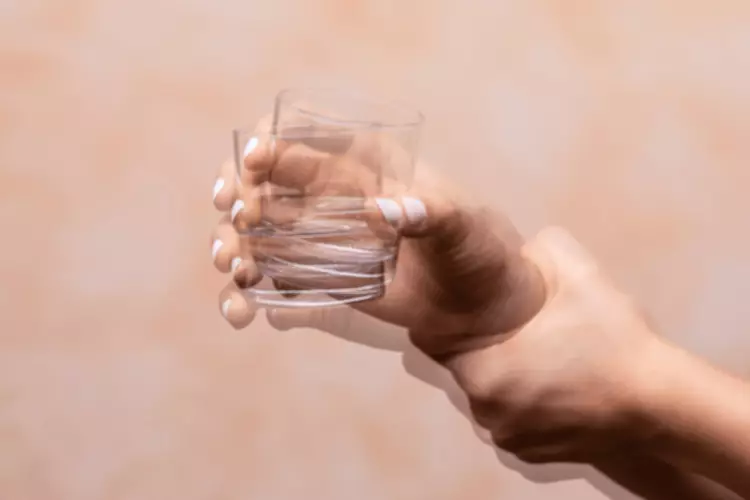
Call 999 if anyone is in immediate danger, 101 it it’s not an emergency, or you can report crime to the police online. Researchers don’t yet have a complete understanding of theprocesses that lead some to aggression, but they have identified certain anger when drunk typesof people who are more prone to alcohol-related aggression. When sober and angered you might feel an impulse to punchsomeone, but a fear/worry of the possible consequences (get hurt, hurt someoneelse, get arrested etc.) keeps you from doing so. There’s compelling evidence supporting the belief that alcohol sparks aggression. In the same report, however, the NIAA points to many variables that indicate the likelihood of abuse prior to alcohol use. The Reframe app equips you with the knowledge and skills you need to not only survive drinking less, but to thrive while doing so.
The Do’s and Don’ts of Dealing with an Angry Drunk
- There’s a difference in safety between someone who is expressing anger verbally and one who has become physically aggressive.
- Suddenly, the person they know and care for is a much different, angrier person — short-tempered, abusive and often violent.
- Picture an intensified mirror of oneself—a reflection with the volume turned way up.
- Knowing your limits and sticking to them can also help prevent episodes of anger when you drink.
Typically, anger will lead to aggression unless something happens to resolve the situation. If an intoxicated person becomes upset because the bartender refuses to serve them, help from a friend might calm them down. If no one can defuse the tension, they may become an aggressor, escalating the situation to a violent one. With some insight into factors that can cause rage or aggression while drinking, you can take steps to avoid certain behaviors.
Do: Avoid or Leave the Situation
- When they come out, others notice them because they’re not a part of the everyday social experience.
- A “crazy drunk person” is one who drinks excessively and frequently due to alcoholism.
Some individuals exhibit “trait anger,” a personality trait that means they continually look for triggers that make them angry. Another chemical pathway in the brain is responsible for people acting before thinking when they drink. Alcohol consumption stimulates the release of norepinephrine, the chemical responsible for excitement and arousal. This naturally makes us even more short-sighted, with less regard for the consequences of our actions. In people predisposed to anger and aggression, those behaviors often evolve into angry outbursts and violence.

What To Do If Your Husband Drinks Too Much: 5 Actionable Tips

Once you’ve accepted that you have a problem, you can begin to understand and remedy the situation. At one point, many drinkers have considered whether they should stop drinking altogether. For alcoholics, that question may come up daily, weekly, or monthly. There are different types of alcoholism, but one of the biggest indicators of an issue is when the person wants to quit drinking but cannot.
There is indeed a link between drinking and domestic violence, but not the one that was previously suggested. See, heavy drinking doesn’t necessarily lead to domestic violence. In the past, the drinking itself was blamed on the violence in the home. Given the propensity for alcohol to remove restraint and inhibition, it seemed like a slam dunk to attribute causation to alcohol. The implication is that both the drinking habits and the violence are merely elements of a larger pattern of abuse in these people. In other words, both the actions of violence and the actions of drinking are parts of the abusive behavior, but neither is causing the other.
- The findings were explained by emphasizing that concern for the future involves greater prefrontal cortex resources that help inhibit the excessive impact of alcohol.
- If we hang out with people who throw digs at each other (or at us) or normalize alcohol-induced aggression, it’s more likely to make an appearance.
- Dealing with an angry drunk can be challenging, particularly if they are a friend or loved one who isn’t prone to anger when sober.
The Eye-Opening Science Behind Alcoholic Rage

An angry drunk is someone we’ve all probably come into contact with at one time or another. You’re out having a drink with friends or enjoying a party and there’s one person who seems to be looking for trouble. He, or she, is being excessively rude or aggressive, and the more they drink, the more likely it seems that they’ll fly into a violent rage.
- No matter the reasons behind feeling anger when drinking alcohol, such behavior can be harmful.
- If you take someone more prone to anger, they will be less likely to restrain themselves while drinking.
- Alternatively, you can try to avoid the situation with an angry drunk entirely.
- We need anger to stand up for ourselves and others when something is wrong.

Furthermore, an angry drunk may not feel like consequences matter, making it seem like a good idea from their perspective to create or partake in a dangerous situation. Alcohol factors into nearly a third of all murders in the United States. Plus, alcohol-related rage and aggression are tied to intimate partner violence, verbal and physical abuse, sexual assault, violent crimes, verbal and physical altercations, and more (1). Are aggressive people more likely to drink or does drinking make people more aggressive? Are there certain genetic factors that predict whether someone will be an angry drunk? When we look at some of the science concerning how alcohol affects the brain, we see that the angry drunk may be a combination of several factors.
Leave a Reply